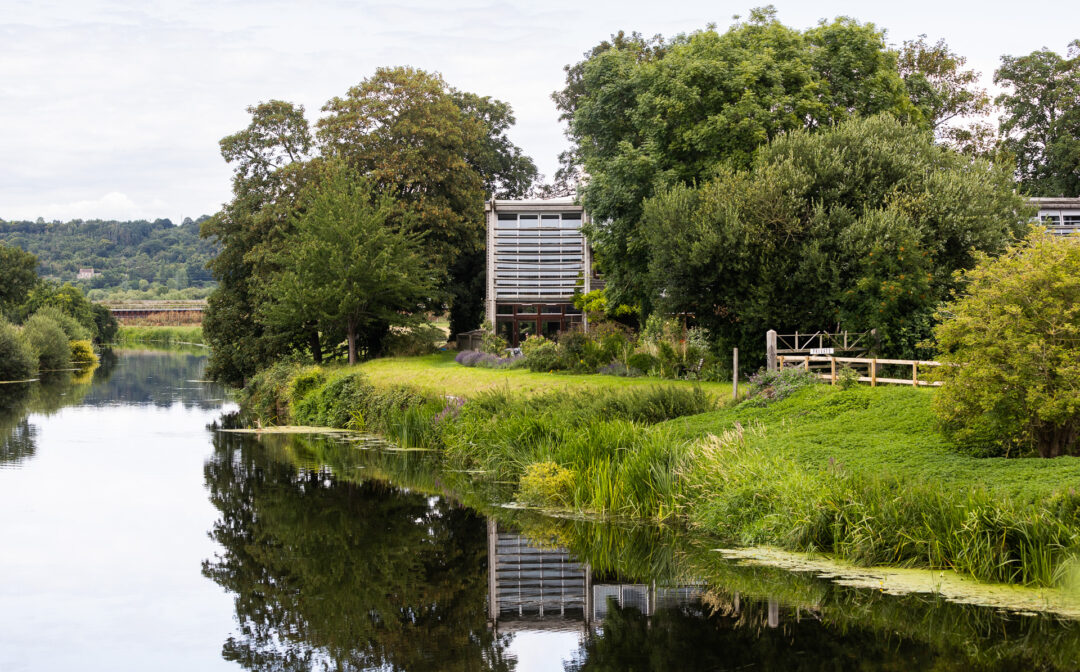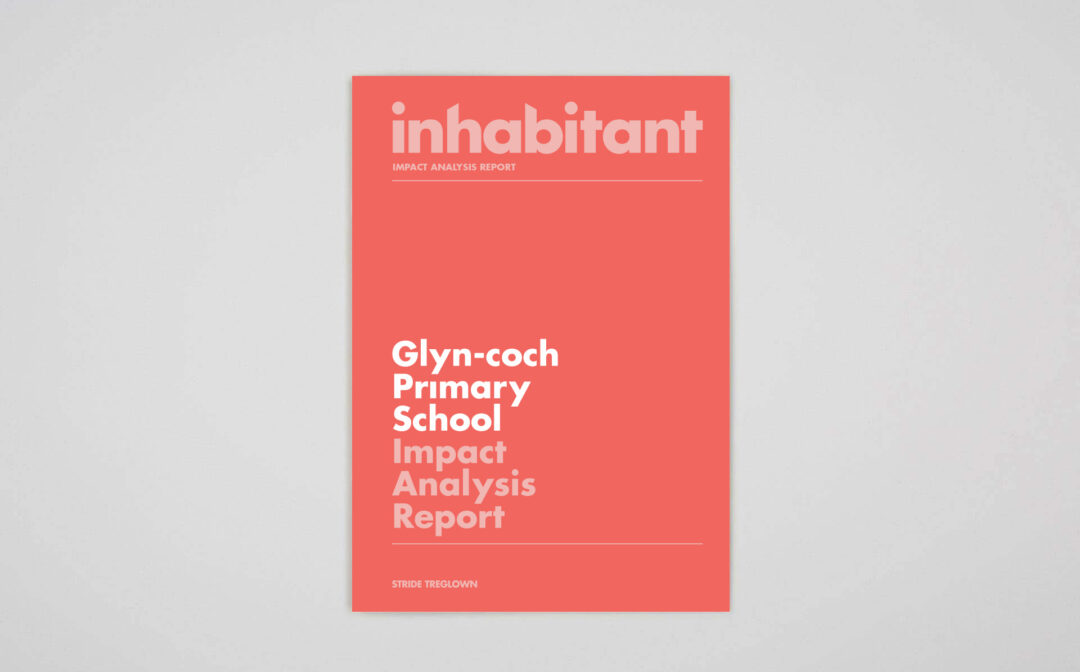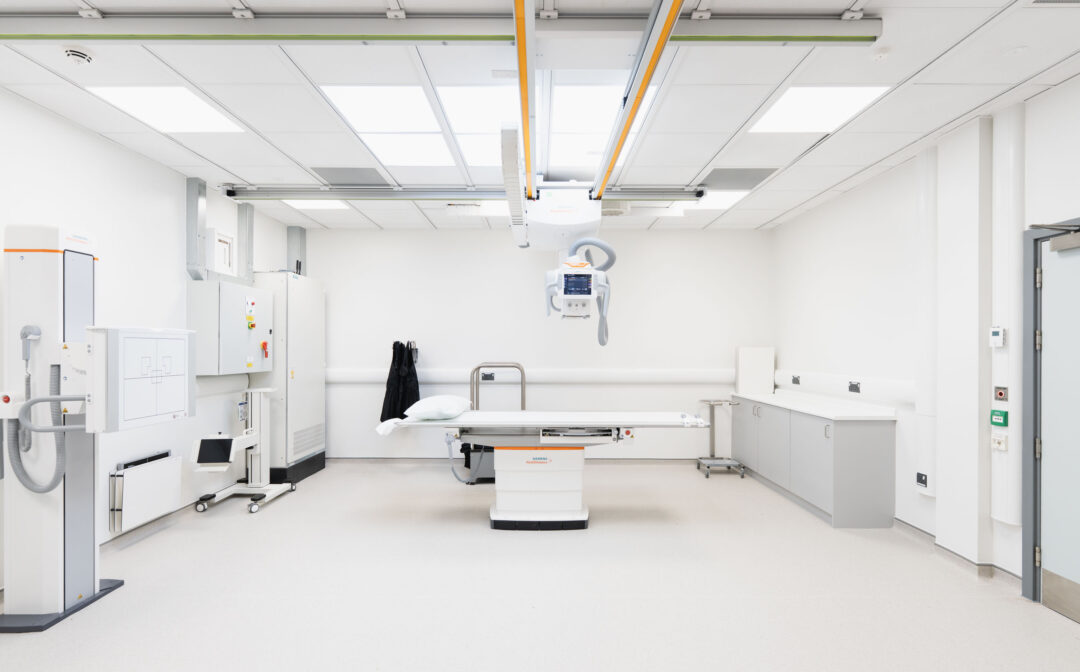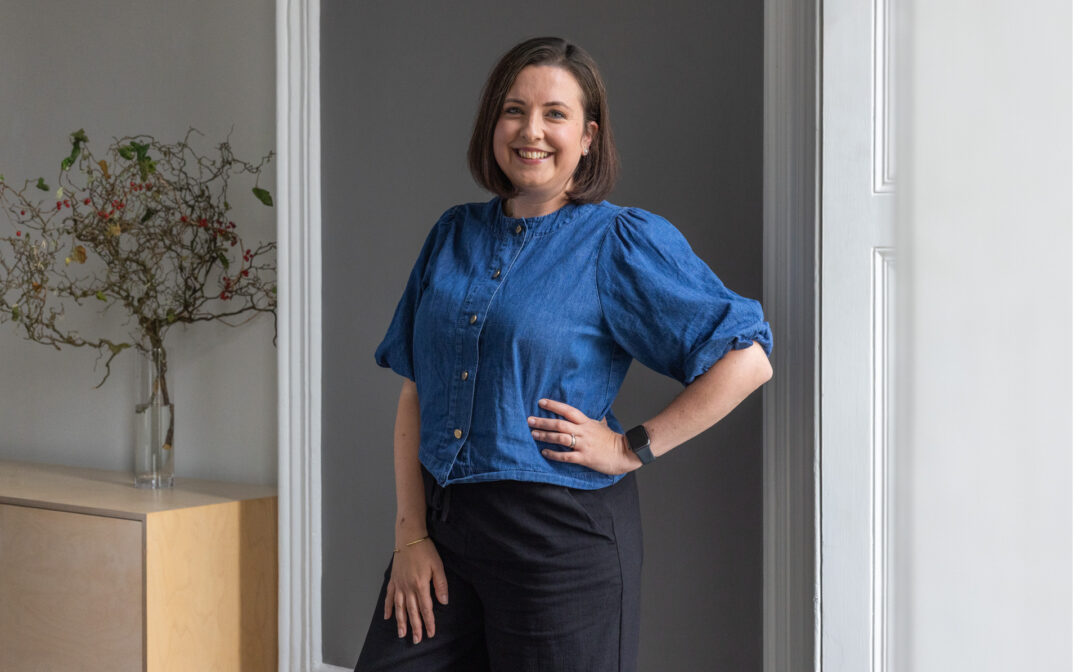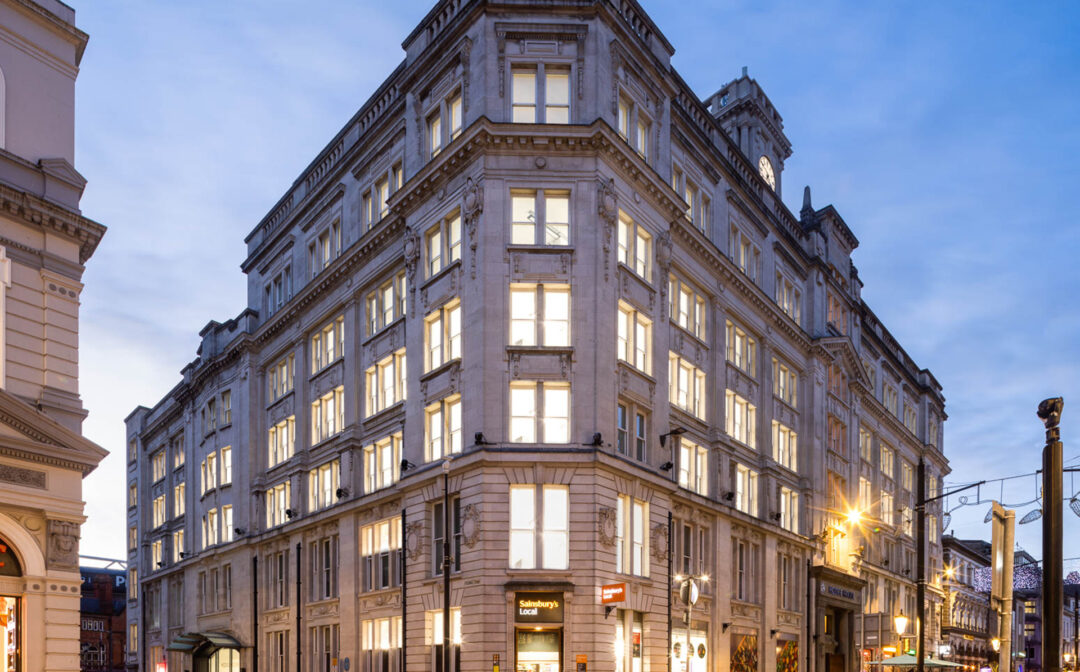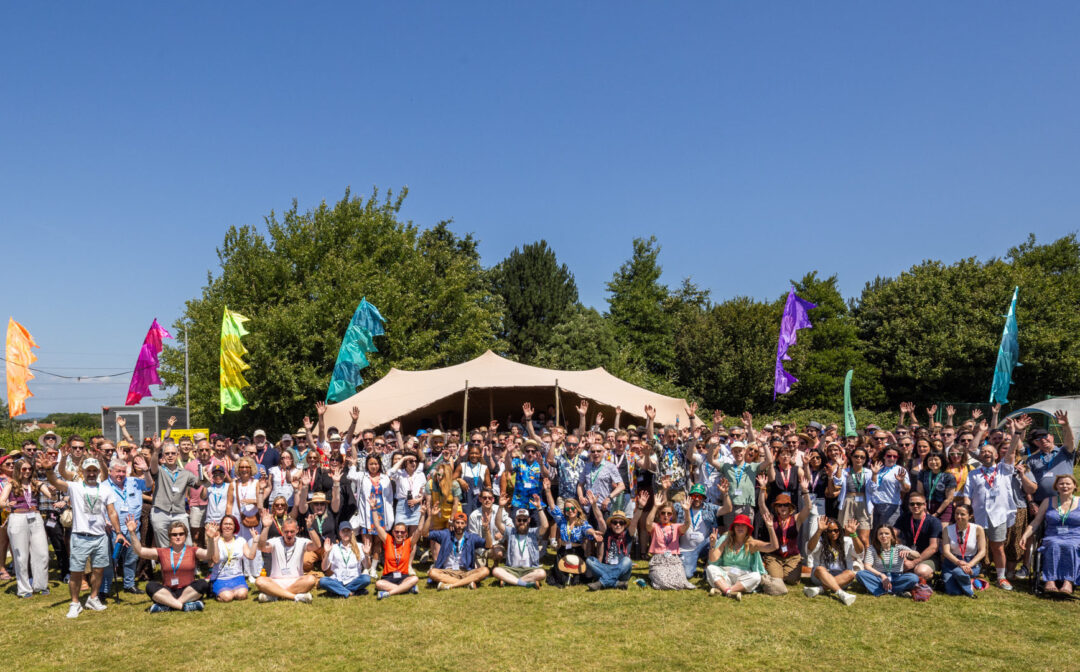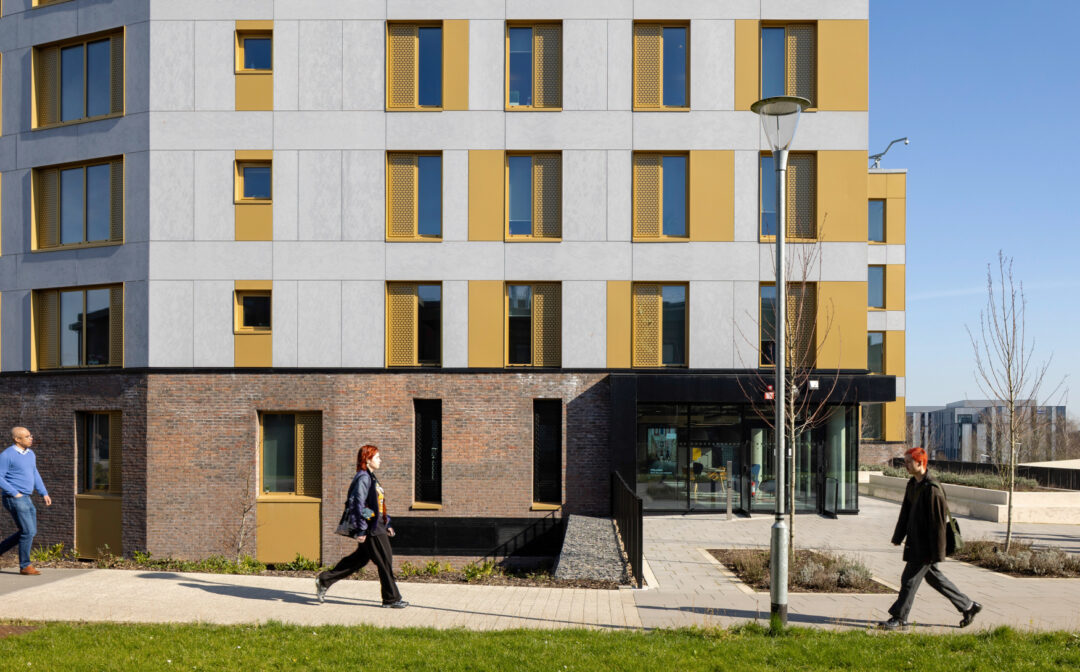Spent BBQs. Odd socks. Unidentifiable bits of plastic. Not things you’d usually associate with a day at the beach—but it’s how our Plymouth office filled twelve bin bags as they hit Firestone Bay for a community clean-up last week.
Joined by fellow B-Corp’ers, Ward Williams Associates, it was the final event in Plymouth’s leg of our Climate Action Relay—and it came with a sense of personal pride.
“It’s a beautiful seaside town with lots of waterfronts, but so much debris comes in, especially in wet weather. You notice it all around you,” said Sarah Lee, Senior Associate Architect, who led the clean-up. “It’s our environment—we swim here, we paddleboard here, we row here—so we want to protect it. In a way, you become a marine steward.”
With Plymouth’s rich maritime heritage, the civic duty towards its waters runs deep.
Local action, global impact
There’s a local declaration of intent to turn Plymouth Sound into the UK’s first National Marine Park. Its goal is to protect local marine life, celebrate the city’s pioneer history, and support local businesses—while providing a place for the community to learn and connect.
When complete, they want to share their learnings with national stakeholders and the government, so similar action can be taken across the UK—and beyond.
“We love this type of thinking. It’s a big idea and it shows how many exciting things are happening in the community to celebrate and protect our waters,” said Sarah. “But you can see from the plastic washing up on our shoreline, and the extreme weather around the world this summer—the effects of climate change are here. So we need to encourage smaller, immediate actions too.”
That thinking is the inspiration behind our Climate Action Relay. Because local action can create global impact.
Seagrass—nature’s magic sponge?
Before the beach clean, our Plymouth office hosted a week of events to share different industry perspectives on carbon.
We explored what the planning system is doing to reduce carbon in the built environment. We heard why conscientious clients and developers should demand better-performing buildings. We listened to an energy consultant’s experience of designing low carbon buildings, and how every project interprets net-zero carbon differently. And we heard a contractor’s perspective on what it takes to successfully build to Passivhaus standards.
“When your working week revolves around thinking about carbon—how to lower it in your designs, how to educate yourself, how to share your knowledge with clients, it’s nice to step back and get fresh perspectives,” said Sarah.
But the biggest surprise?
“It came out of left field, but this week I learned about seagrass—and how it sequesters more carbon than trees.”
Another small reminder that all too often, nature has the answers we’re searching for. We just have to protect it.

Plan your own beach clean up
If you’re inspired to take action, planning your own beach clean-up is easy. And it’s a great excuse to get outside with your friends (or host a networking event) to do a little bit of good for your local environment.
Here are the steps we recommend:
- Register with your local Council who will want the dates and details.
- Get in touch with any relevant community interest companies—in Plymouth we met a fantastic group called Clean Our Patch, who kindly lent us litter pickers and bin bags.
- Obvious advice, but wear practical clothing, like wellies/boots, gloves, and a raincoat.
- Arrange with the Council to pick up the filled bin bags when you’re finished.
- And if you can’t find any litter (maybe somebody already beat you to it), head inland and hit the streets.
Where next for the Relay?
This week the Climate Action Relay jumps the Severn and lands in Wales, where our Cardiff office shares lessons from 10 years of working in a carbon-neutral building—and why we all need to ‘be more squirrel’. All our events are free, so join in, take action, and spread the word.
Visit the full Climate Action Relay programme and follow live on Instagram, Twitter, and LinkedIn: #ClimateActionRelay.

